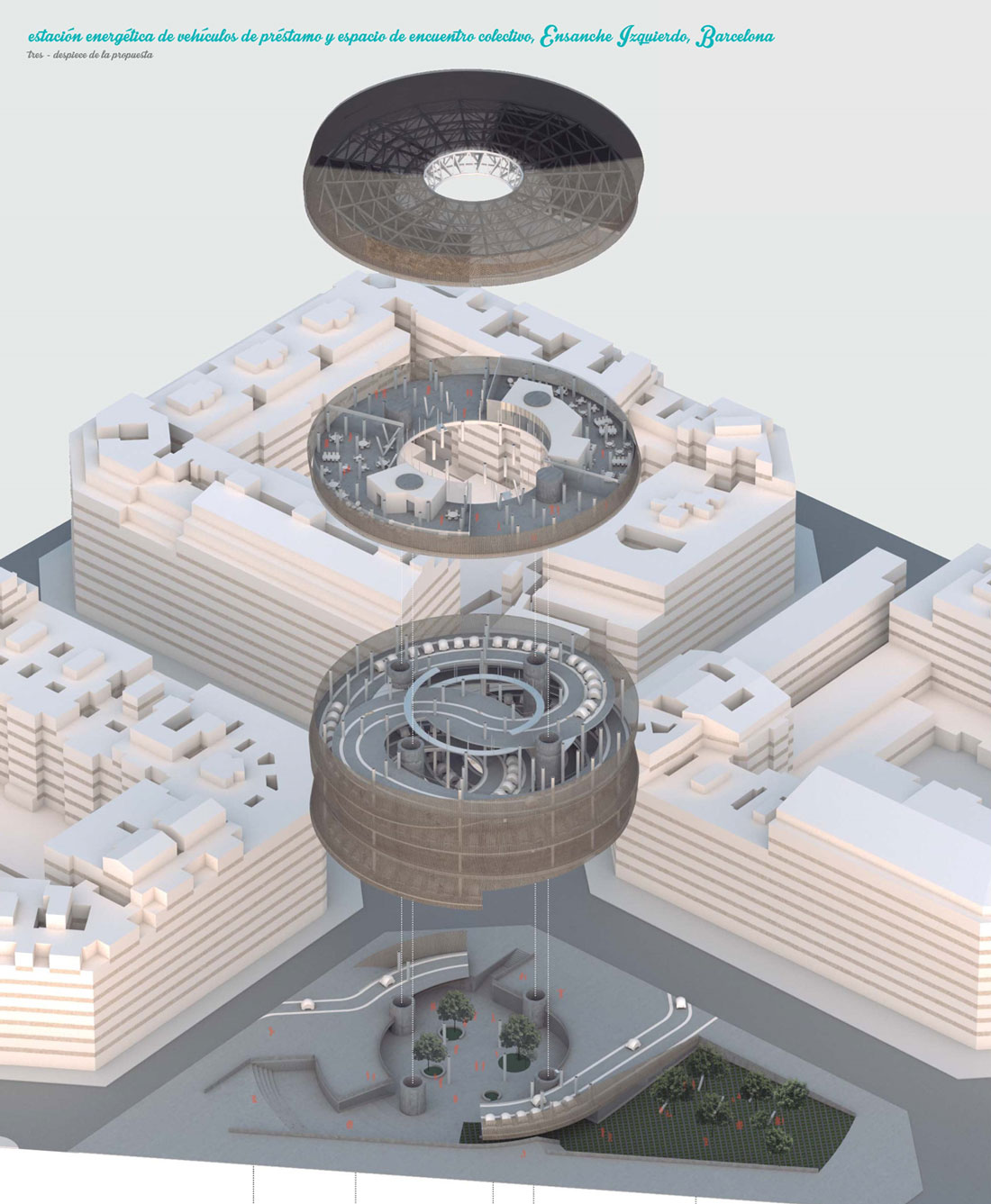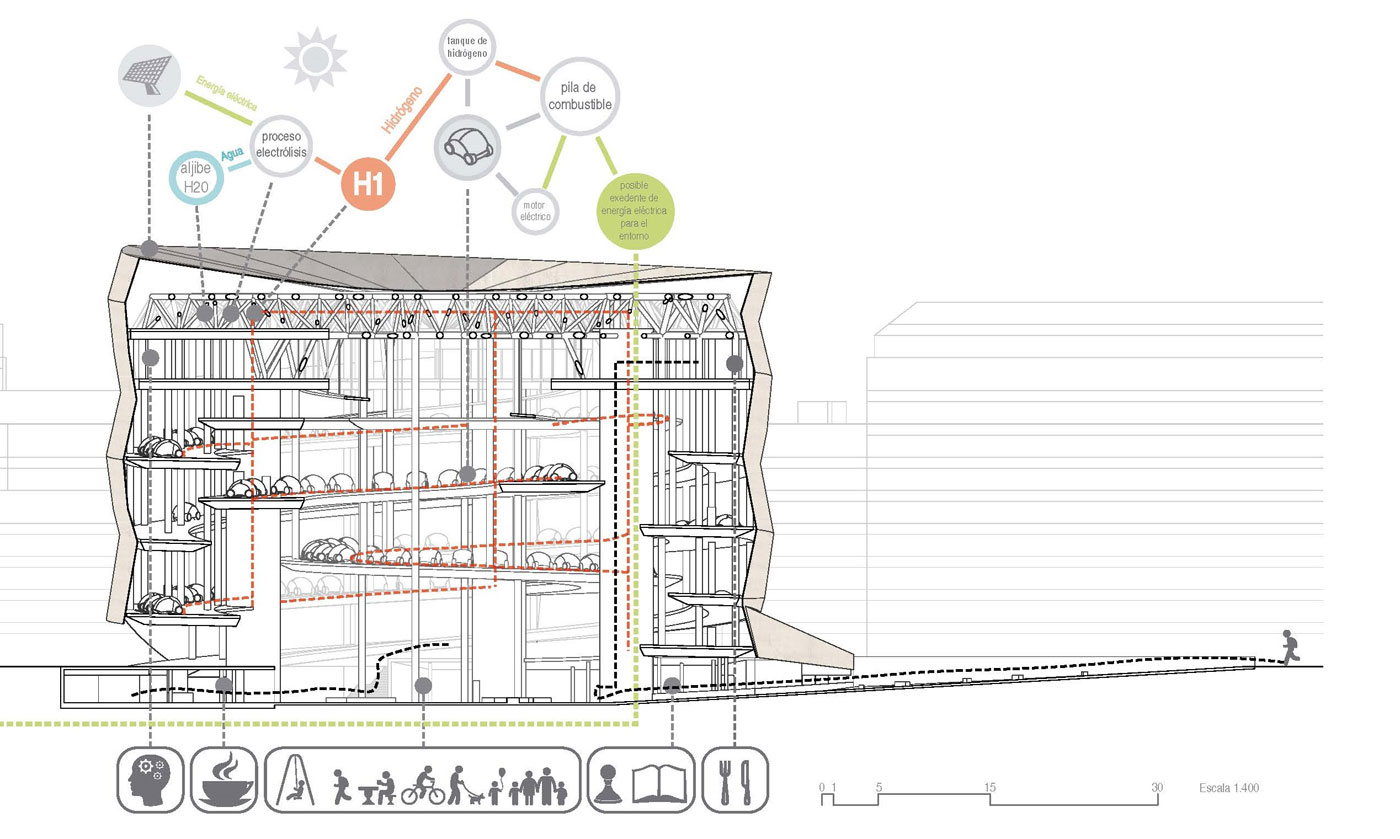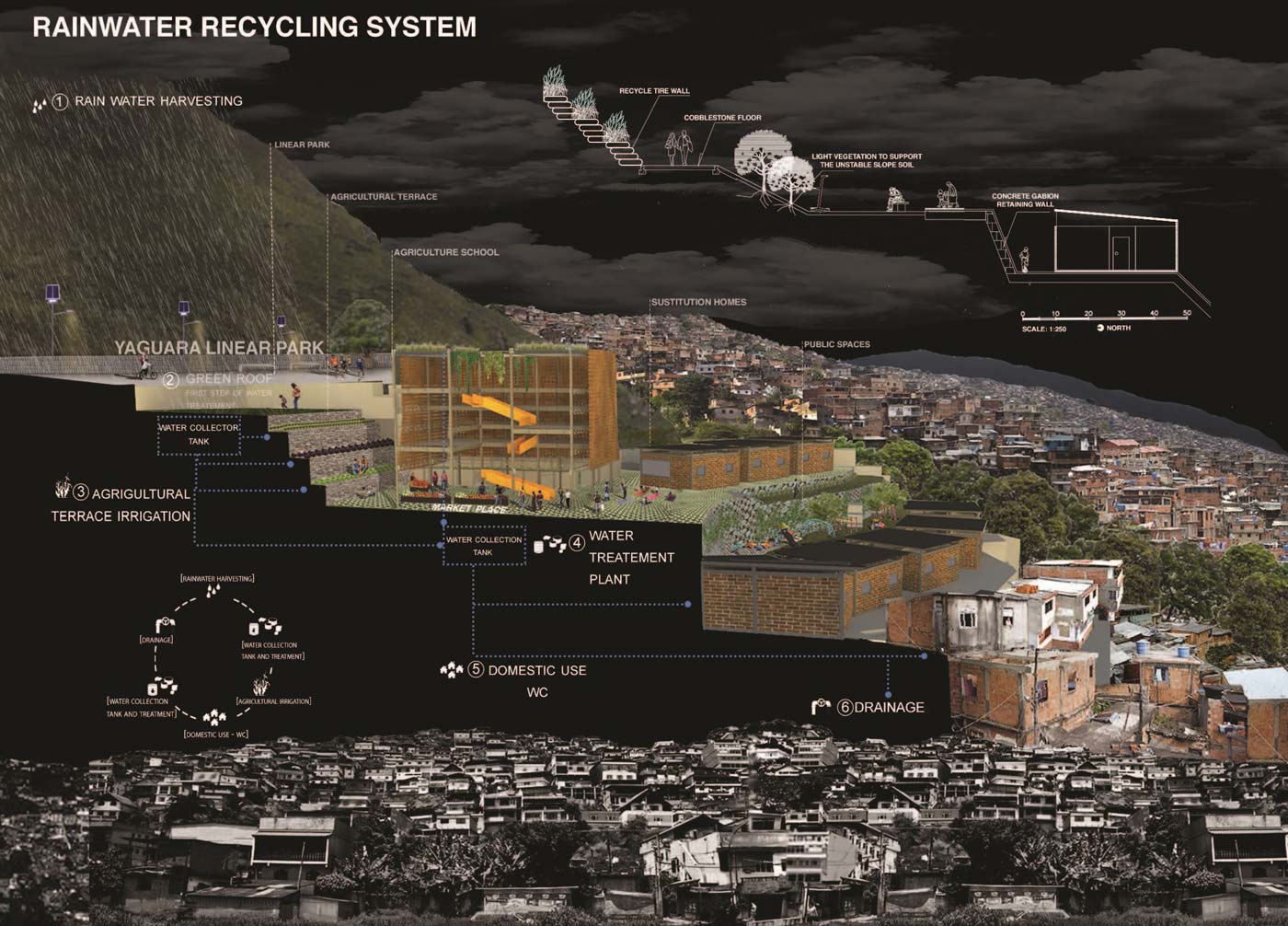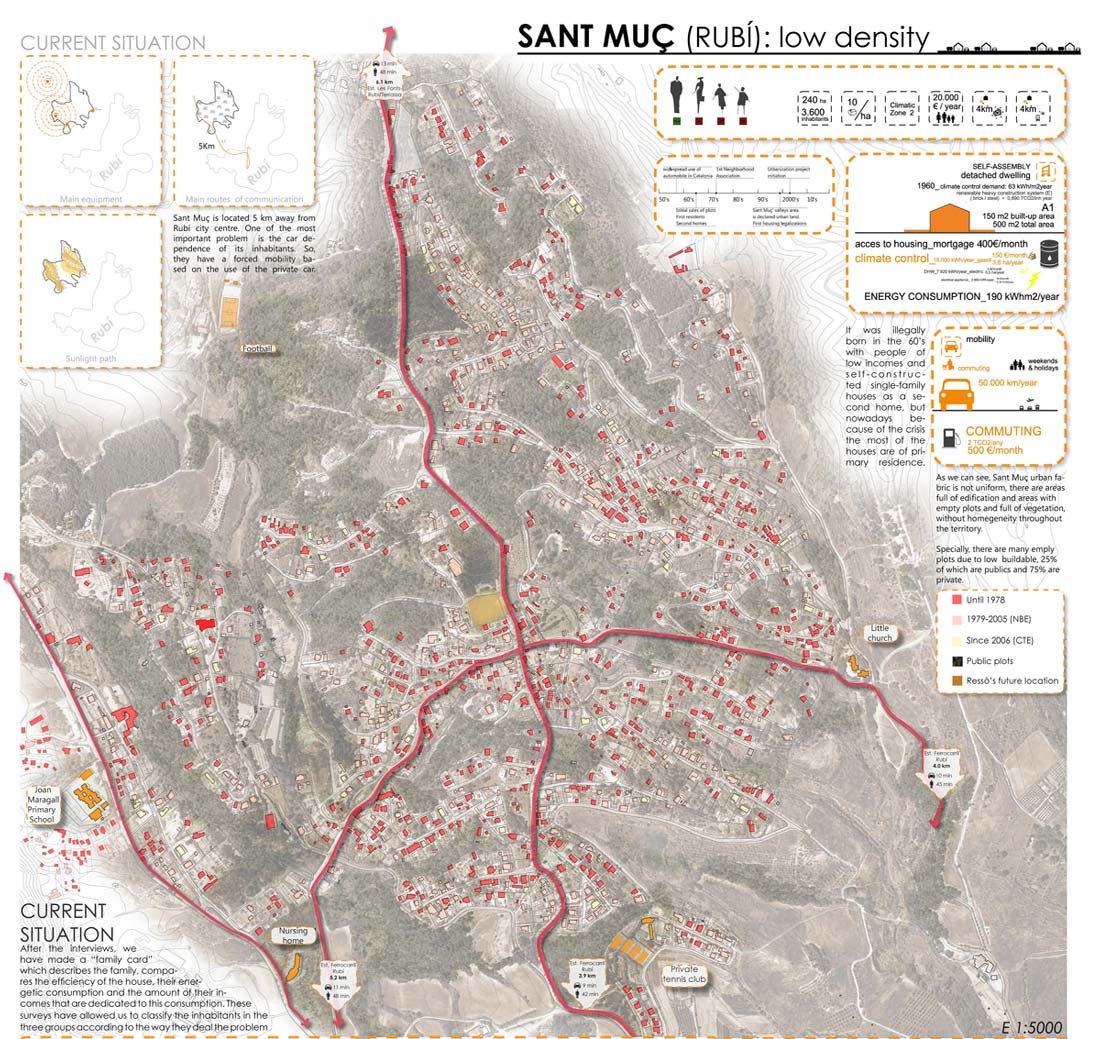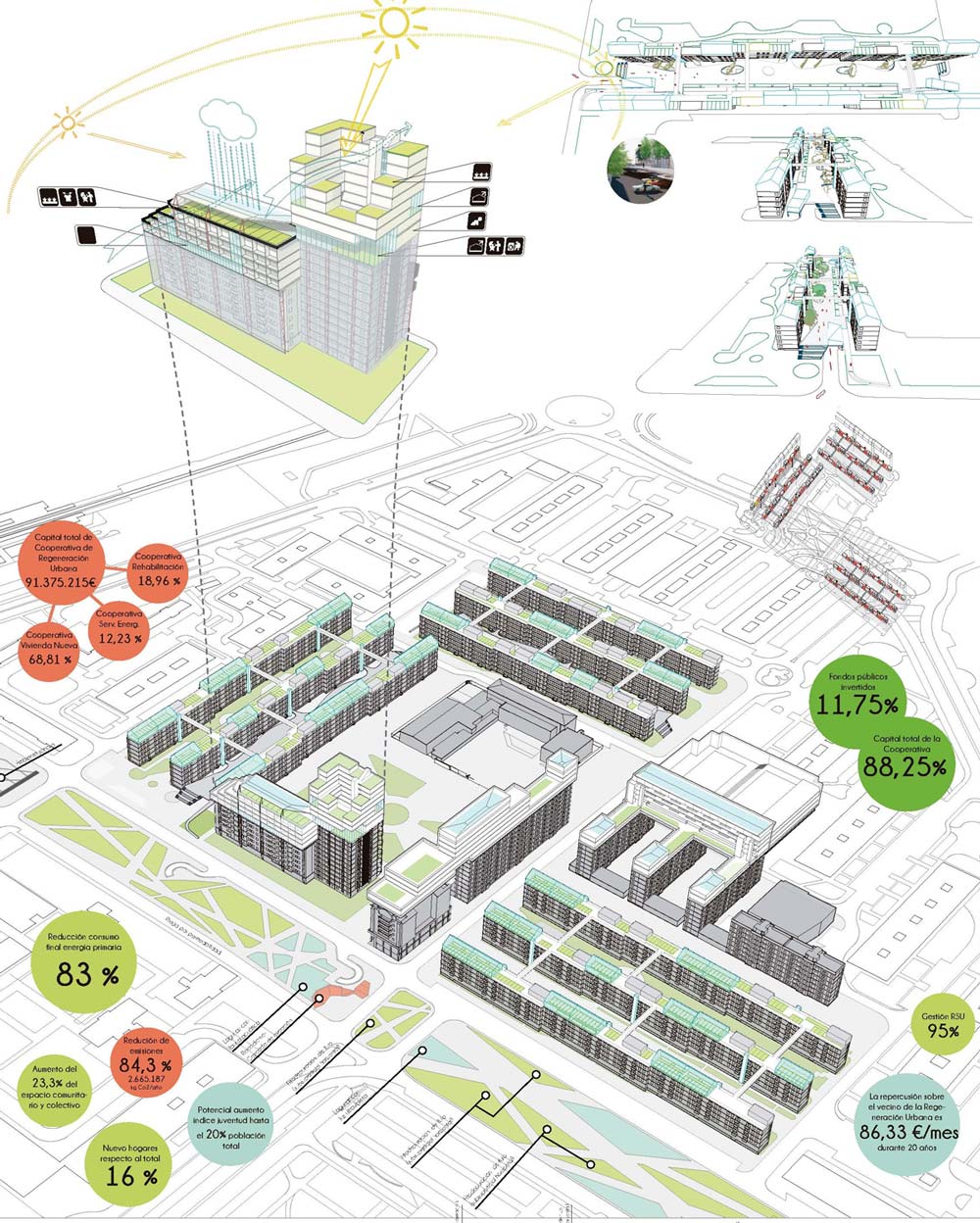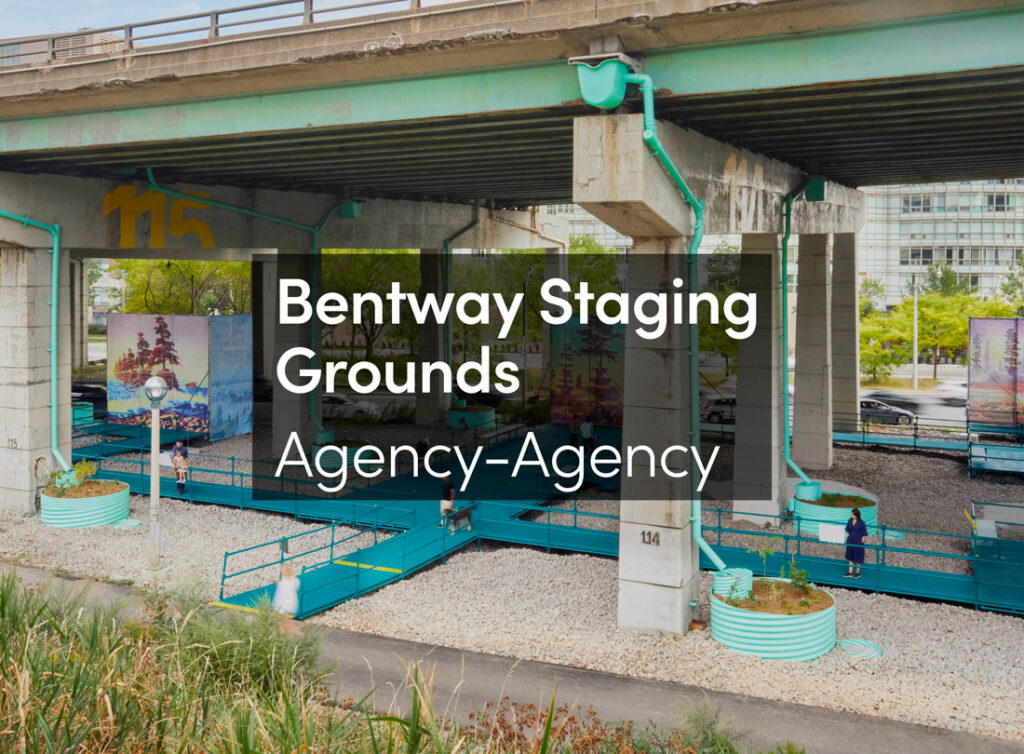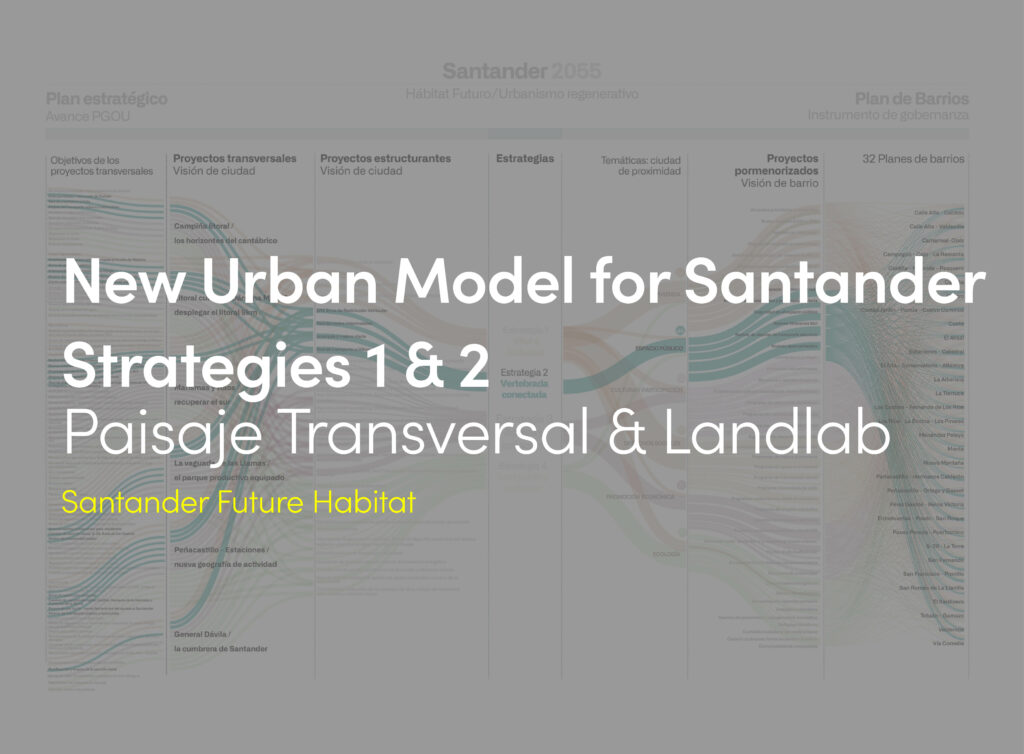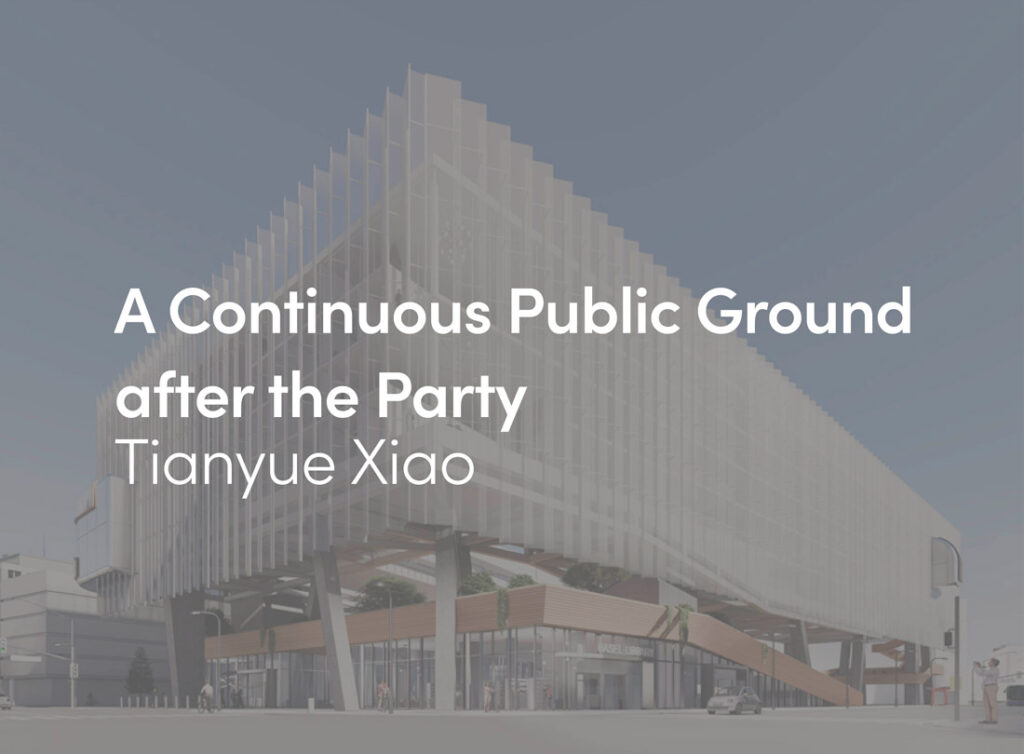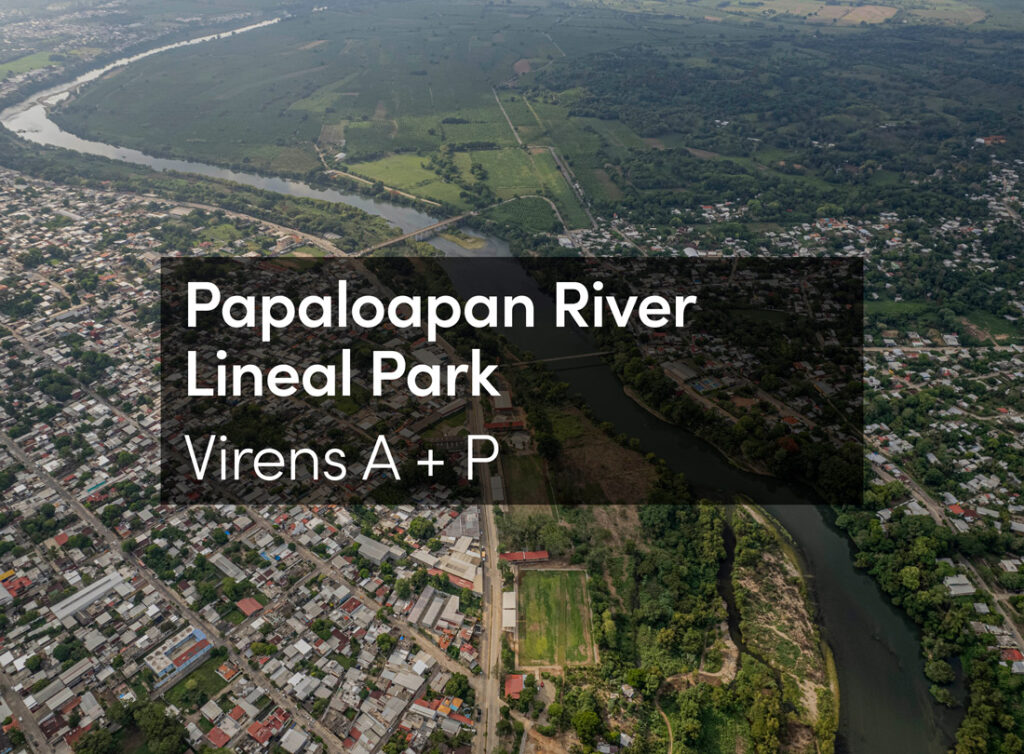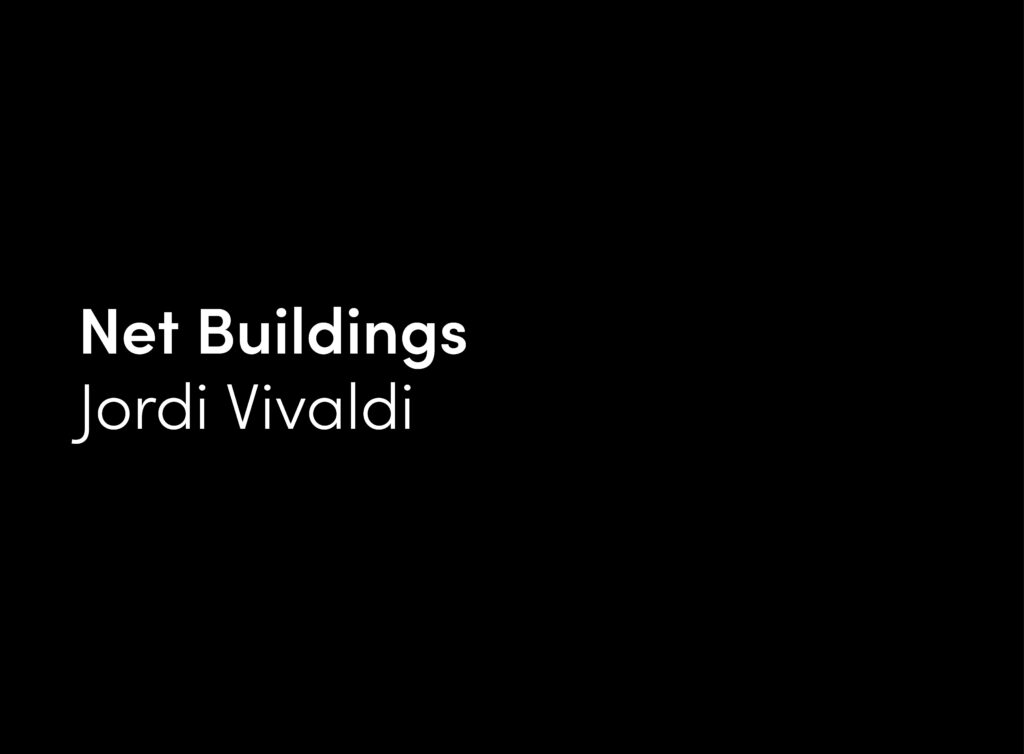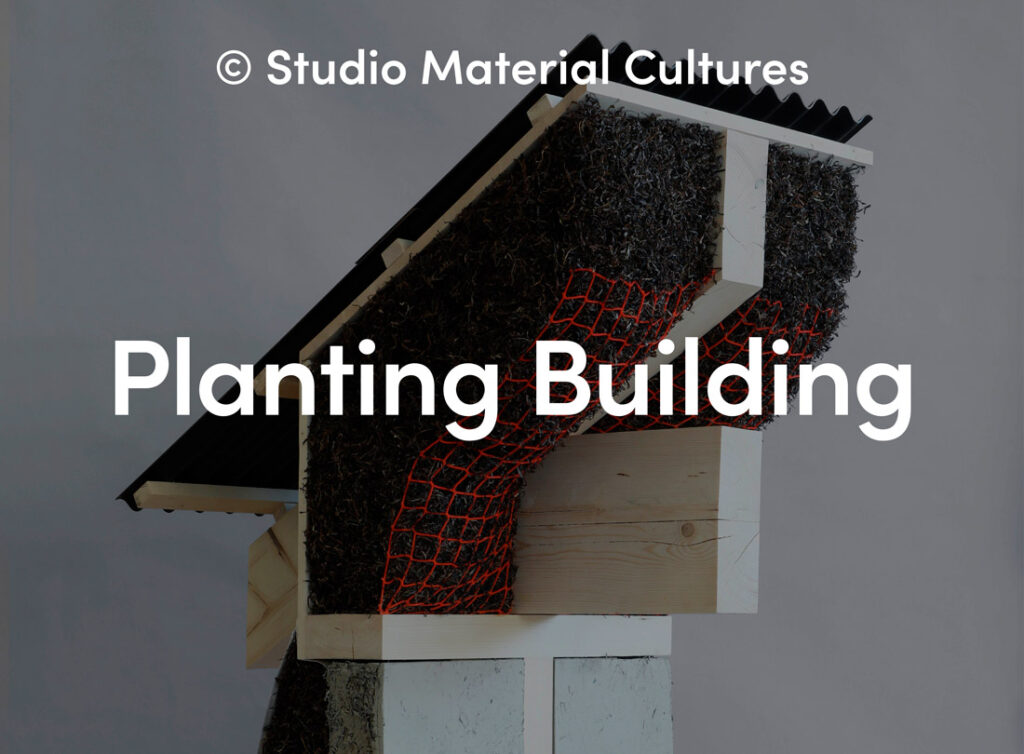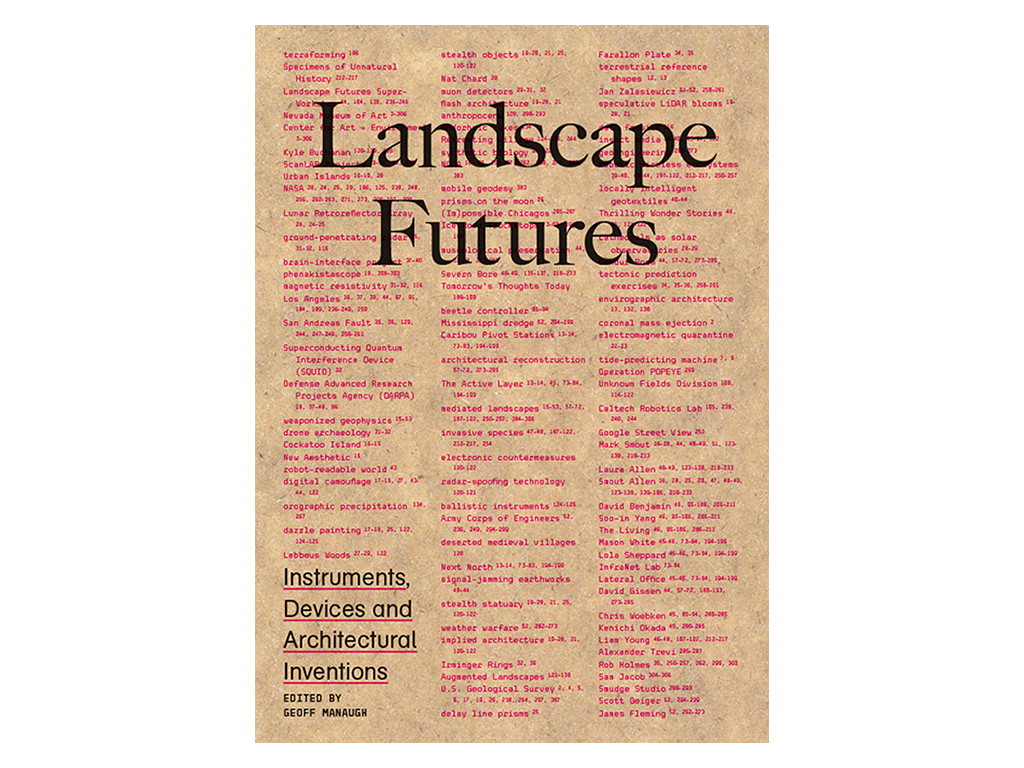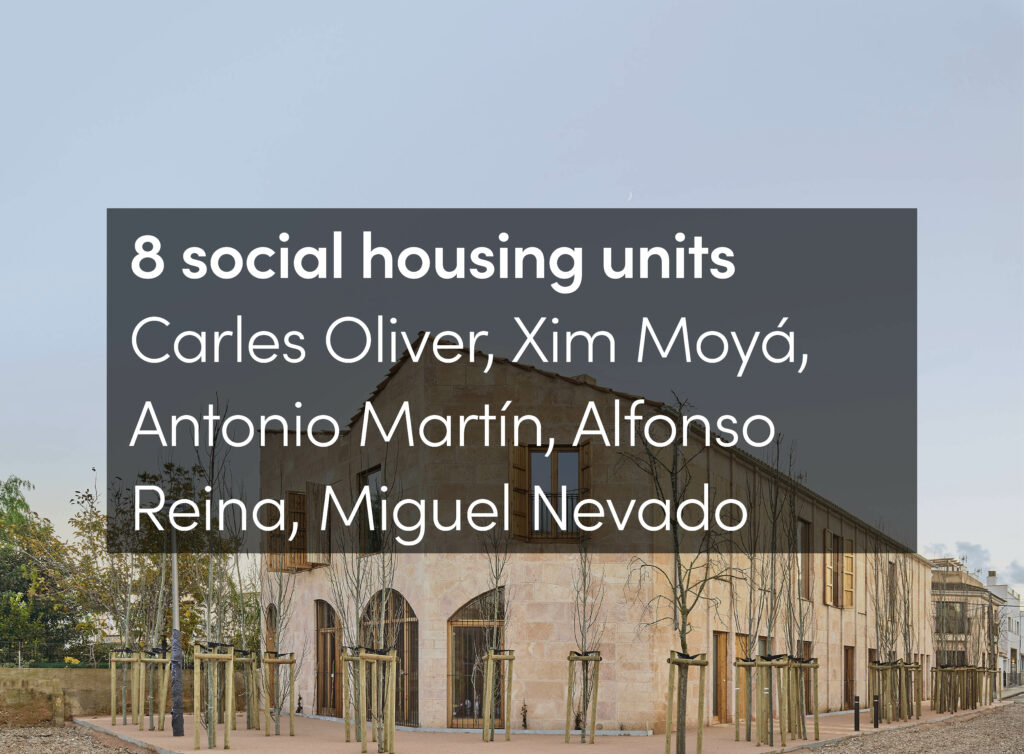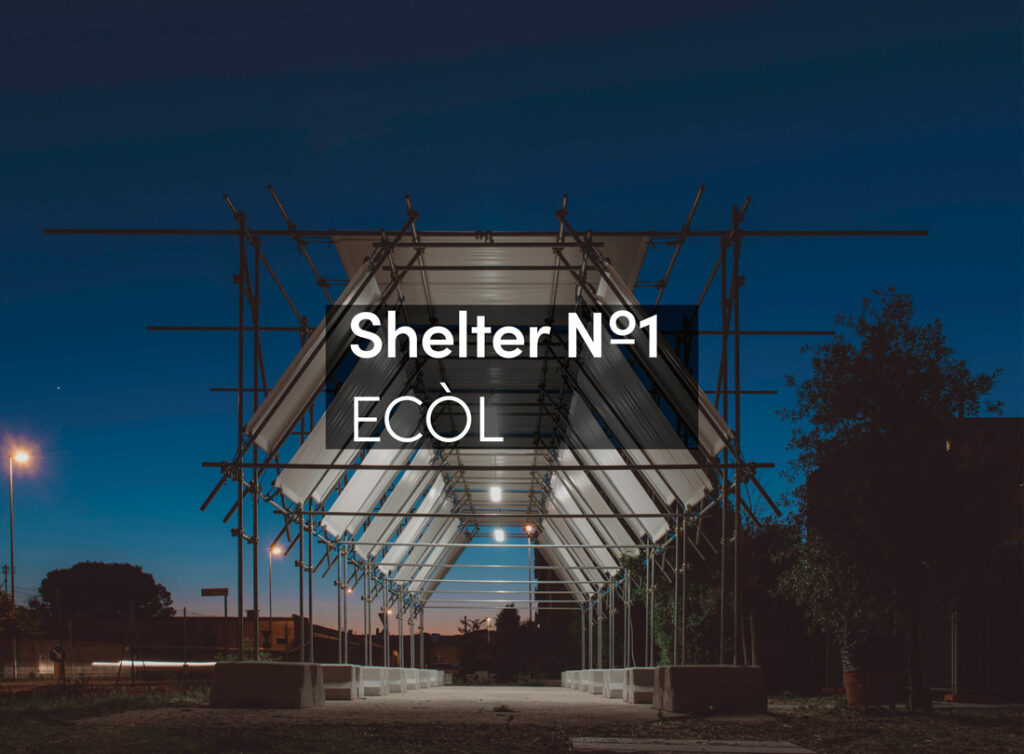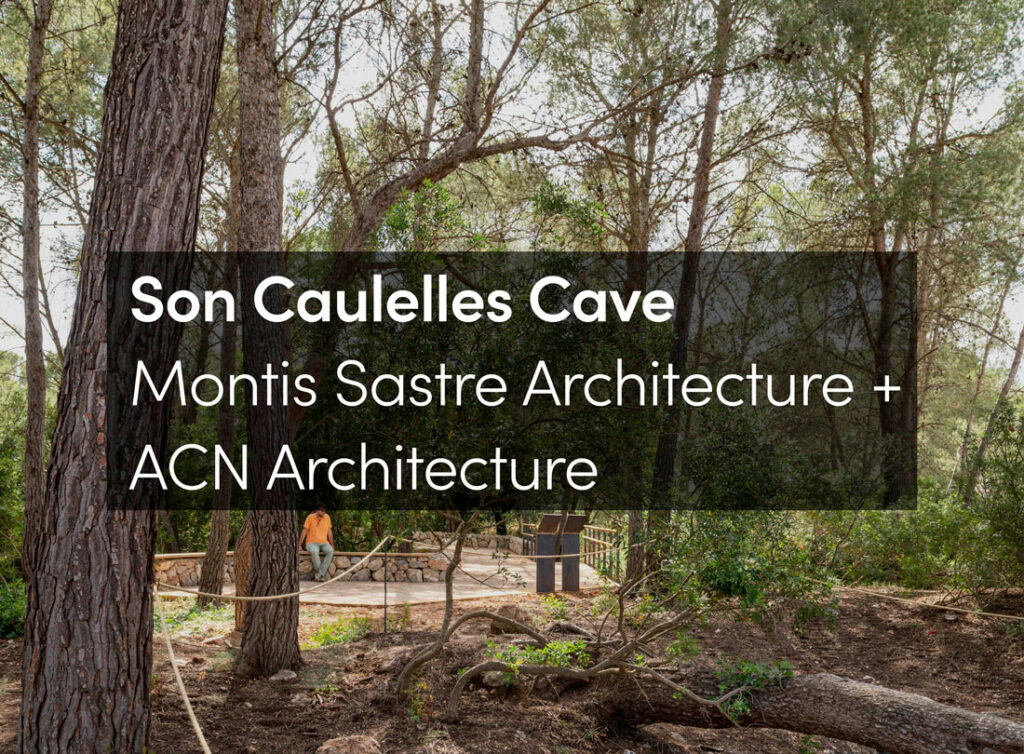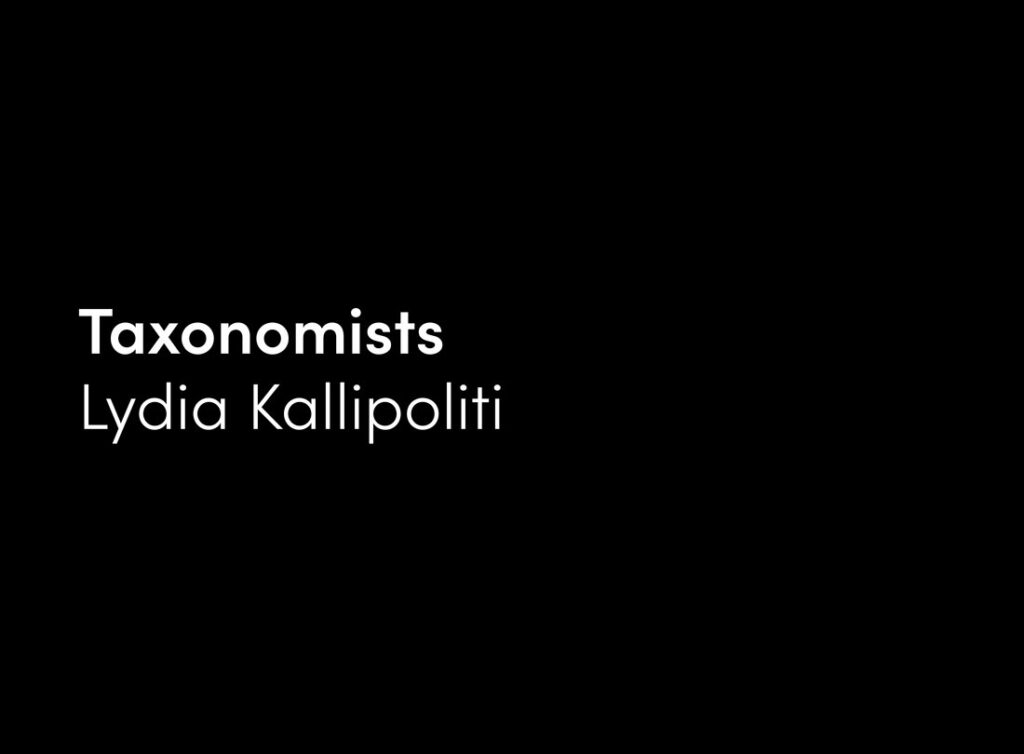The global awareness of proposing a new way of planning our natural and urban environment forces us to consider the city and the territory from a transversal and multidisciplinary approach. In fact, sustainability must be the key vector for the construction of new urban environments and, consequently, it should be planned together with environmental aspects, linked to social concerns and also compatible with the available economic resources.
Plugged Mobility_ Car Loan Energy Station in Barcelona. Sevilla Polytechnical University. Spain (PT20)
This requires sharing in an inter-scalar vision of architecture, which, even if it is central, allows us to intervene from different realities, cultures and territories, as well as in varying climatic and environmental conditions. Consequently, architecture – and the habitability of the spaces created by it – should become a catalyst for multiple disciplines and knowledge. It should be interdisciplinary, not in a way that can be understood as a style, but through its ability to implement into reality the paradigm shifts of contemporary society.
As architects, we are then obligated to understand the right questions that society calls on us to respond when we are building living environments, the new questions that emerge and that need to be interpreted and answered in themselves and as they relate to other disciplines and scales.
At this time, we have plenty of data about the environmental impact of our lifestyles and their construction. We are moving forward in social behaviours that respond to our need for change, yet we still have a long way to go in terms of how these new impulses for transformation adjust to new economic, technological and professional models.
This context, briefly described above, is the reason behind the contest between Spanish universities, organised by ASA (Asociación de Arquitectura y Sostenibilidad) under the slogan “Powering Transformation”. The aim of the contest was to provide answers, from very diverse projects and under very different circumstances, to the cultural and physiological complexity of territories, as well as the resources needed to ensure their spaces achieve optimal and sustainable habitability.
Waternet_ La Yaguara Resilience Park. Simon Bolivar University. Venezuela (PT19)
Proposals involving natural spaces focused the problematic and solutions on the interaction with climate, water, resources and the culture of the site. Proposals were also requested to make an effort to reconcile natural forces with settlement needs, where work is integrated into small autonomous networks, which enable new production processes and economic structures, providing resources and an amount of energy that varies over time.
L’Interet Collectif. Polytechnical University of Catalonia – El Vallès – UPC – ETSAV. Barcelona. Spain (PT46)
Those projects focused on the city and urban spaces questioned the fragmentation and specialisation of uses according to current planning, which is obsolete and incompatible with this new inter-scale and multidisciplinary approach. In fact, all of the projects focused on the transformation of existing spaces that have already been built, and their challenge has been to reactivate and renew pre-existing elements.
Therefore, we can conclude that in light of these projects – received from very diverse places and conditions – innovation is reflected in concrete and realistic proposals, in brave and creative implementation, in close dialogue between the local and the global, the natural and the urban, the pre-existing and the new.
It is important, as Peter Rich – member of the contest jury – says, “to understand the new questions, those that arise from culture, because those are the ones that bring wealth to the work we design”. In conclusion, a culture based on knowledge is a solid foundation for reinterpreting architecture, the city and landscape; and at the same time, that culture and its variations serve as the fuel for innovations and transformations.
